AI and the Widening Productivity Gap
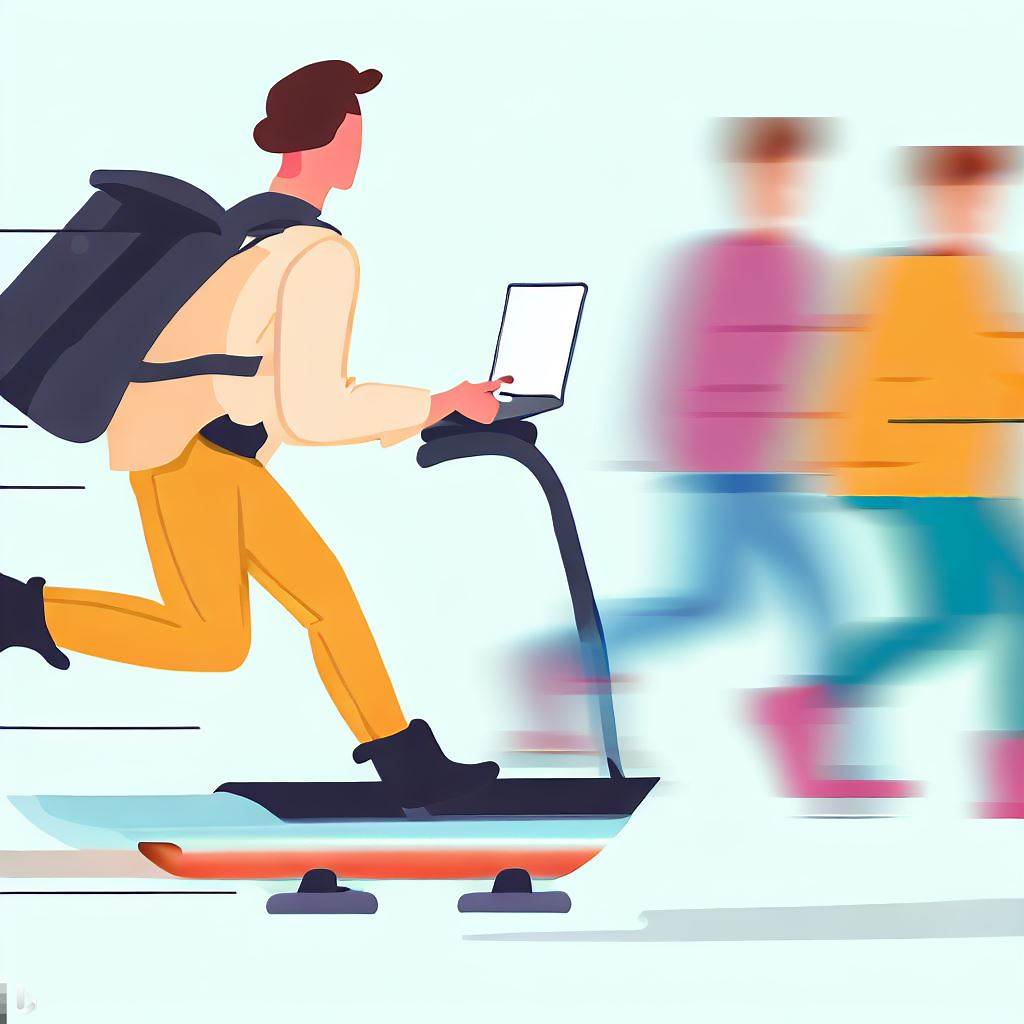
Artificial Intelligence (AI) has emerged as a game-changer in the realm of productivity, igniting a fascinating transformation within the workplace. However, as with any tool, the impact varies based on who wields it. In my previous piece, "The Great AI Debate: Slow Down or Push Forward?", we examined the arguments for slowing AI's relentless march. Today, we're sidestepping dystopian 'Terminator' fears and adopting a positive lens to delve into the distribution dynamics of AI-enhanced productivity among workers.
AI Enhanced Productivity
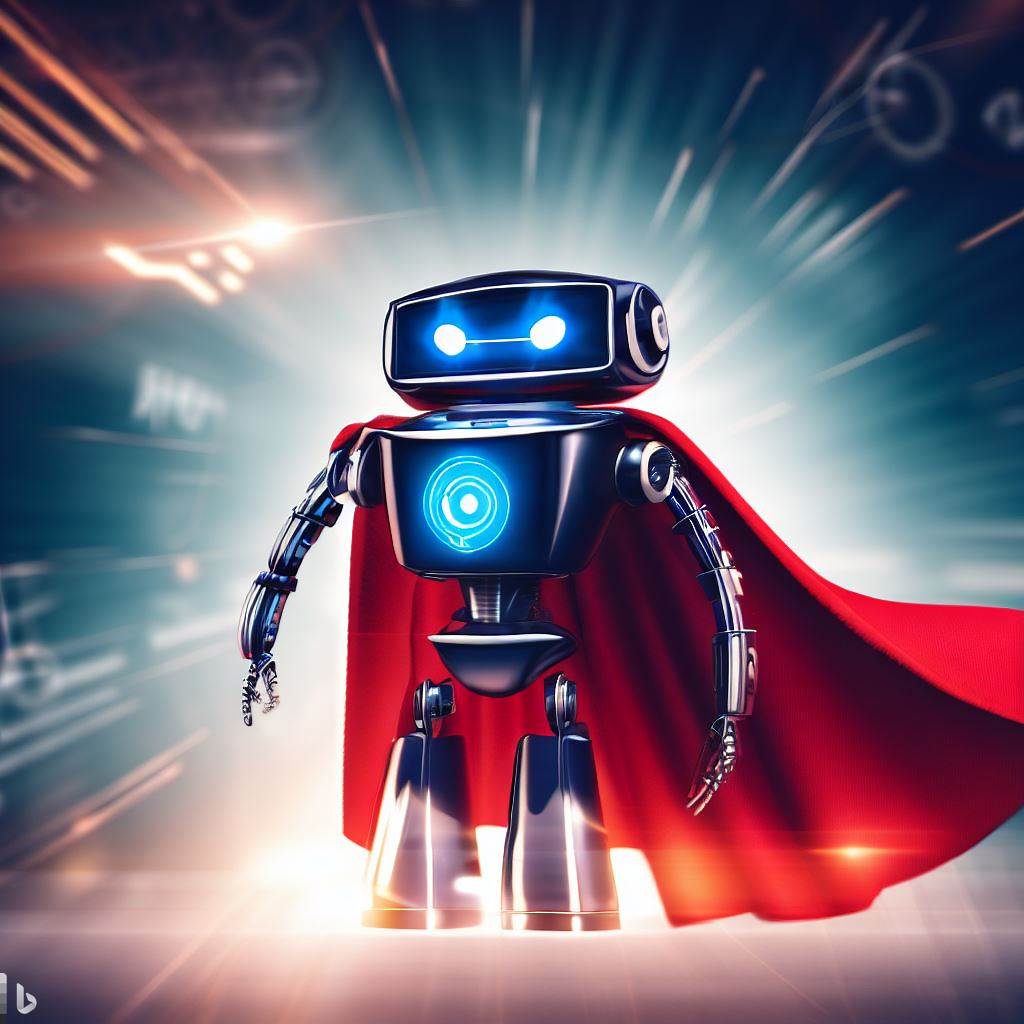
We're about to dive into two fascinating studies that cast a spotlight on AI-enhanced productivity. Let's see what the numbers have to say, shall we?
Case study: customer support
Imagine walking into your first day on a customer support job, nervous and eager, armed with an AI assistant who's like a seasoned mentor whispering helpful advice into your ear. Sounds like a dream, right? According to a fascinating study conducted by researchers at Stanford University and MIT, this isn't a far-off fantasy; it's today's reality.
The study, which included 5,000 customer support agents from a Fortune 500 company, introduced some of these agents to a smart AI assistant from OpenAI. With a little help from AI, their productivity went up, but not equally across the board.
Here's where it gets interesting. The biggest leap in productivity? The newcomers and those less experienced gained the most, accelerating their work efficiency by an impressive 35% with the AI's support. In comparison, the average worker saw a 14% boost in productivity, while the office veterans experienced a lesser bump.
Now, you might be wondering why this is the case. The seasoned workers, already armed with their own arsenal of professional tricks, found the AI's advice to be tips they had already figured out. But for the new or less experienced workers, the AI was like a shortcut to skills and knowledge, allowing them to match the pace of their seasoned peers.
Case Study: Software Engineers
Launched in 2021, Copilot was designed as a co-pilot for developers. You throw a coding problem at it in plain English, and voila, it generates a code solution! This AI whizz can even translate between various programming languages, making it a versatile companion for programmers.
In 2022, GitHub took the pulse of over 2,000 developers using Copilot, surveying its effect on their productivity and workflow. The results, as revealed in the 2023 AI Index report, were akin to a standing ovation for Copilot. An overwhelming 88% of the respondents felt more productive with Copilot on their side, and 74% found themselves focusing on more satisfying work. Another 88% claimed that they finished tasks more quickly, underscoring Copilot's power to make coding more efficient and enjoyable.
One software engineer aptly summed up the general sentiment, saying, "[With Copilot] I have to think less, and when I have to think, it’s the fun stuff. It sets off a little spark that makes coding more fun and more efficient."
The appreciation for Copilot didn't end with the survey. In a separate experiment, GitHub divided 95 developers into two groups, one equipped with Copilot, the other without. The result?
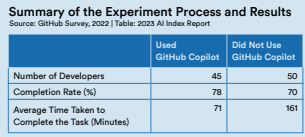
Source: GitHub Survey 2022, AI Index Report 2023 Figure 4.3.12
The Copilot-fitted group reported a task completion rate of 78%, 8 percentage points higher than the other group. Not only that, but the Copilot users finished their tasks in 71 minutes, a massive 56% faster than their counterparts.
Is AI-Powered Productivity Always Better?
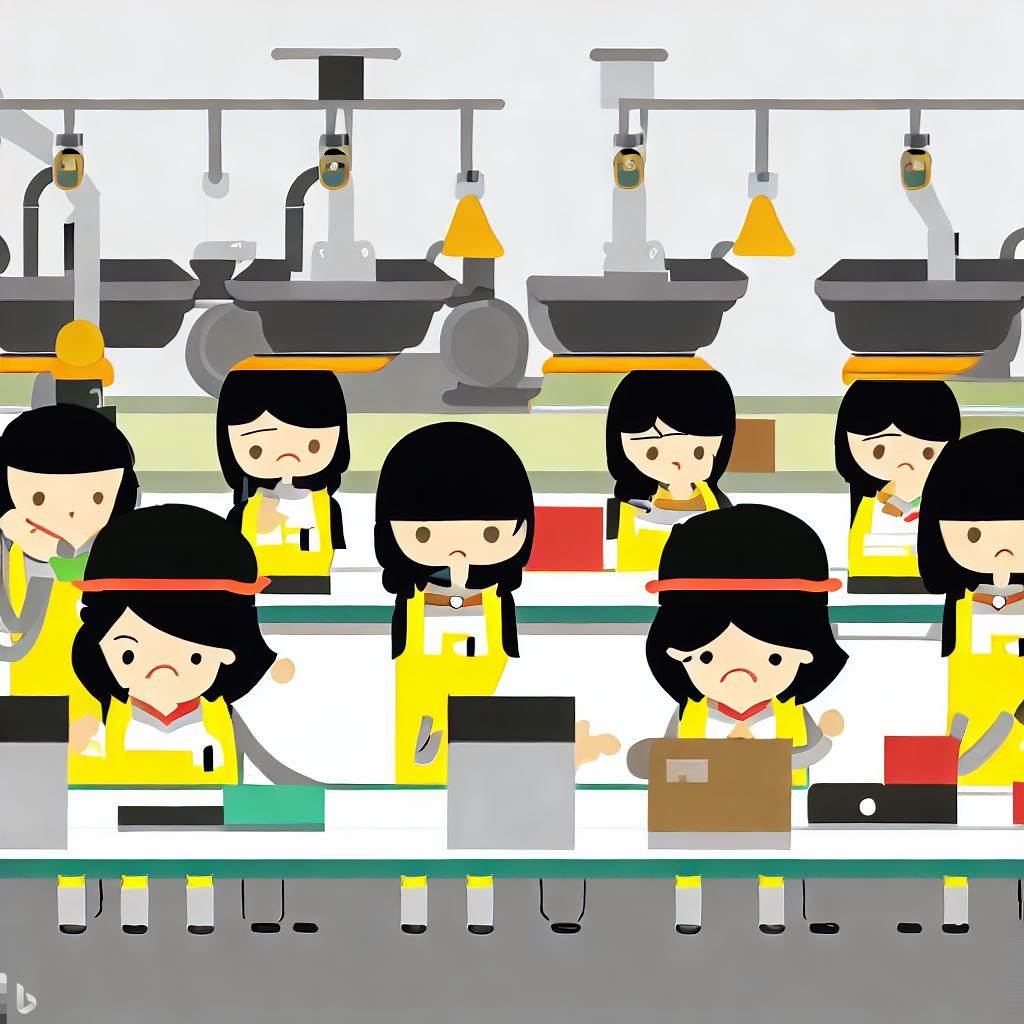
Building on our earlier case studies, it's evident AI boosts productivity. But is this boost consistent for all?
AI tools like GitHub's Copilot are transforming developers, taking them from average to exceptional - essentially creating an army of 10x engineers. But does an increase in productivity necessarily equate to a better, more efficient workforce?
In a fascinating debate on the All-In Podcast episode 124, Chamath Palihapitiya sparked a discussion by questioning this very premise. The concern wasn't about productivity - but rather about judgment.
I think that humans have judgment and I think it's going to take decades for [AI] agents to replace good judgment. I think that's where we have some defensible ground and I'm going to say something controversial. I don't think developers anymore have good judgment. Developers get to the answer or they don't get to the answer and that's what agents have done because the 10x engineer had better judgment than the 1x engineer. - Chamat Palihapitiya, All-In Podcast Episode 124
AI has the potential to mimic or automate tasks. It can transform a novice developer into a seasoned coder, at least in terms of output. But where does that leave the distinctively human attributes of intuition, creativity, and most importantly, judgment?
Chamath argues that while AI can increase the speed at which we arrive at a solution, it could potentially erode the judgment that is honed through experience and problem-solving. The result? An increase in busyness rather than actual productivity. It's one thing to work faster, but it's another to work smarter. The AI tool might be a whiz at generating code, but without solid judgment, a developer could be stumped when deciding between multiple viable solutions.
What makes these top performers special is their combination of judgment, intuition, and creativity - qualities that cannot be replicated by AI (yet). Without these qualities, are we genuinely on the brink of unleashing a swarm of 10x engineers, or could we be missing the mark and simply ramping up to create an army of 10x busier workers?
AI and the New Productivity Division
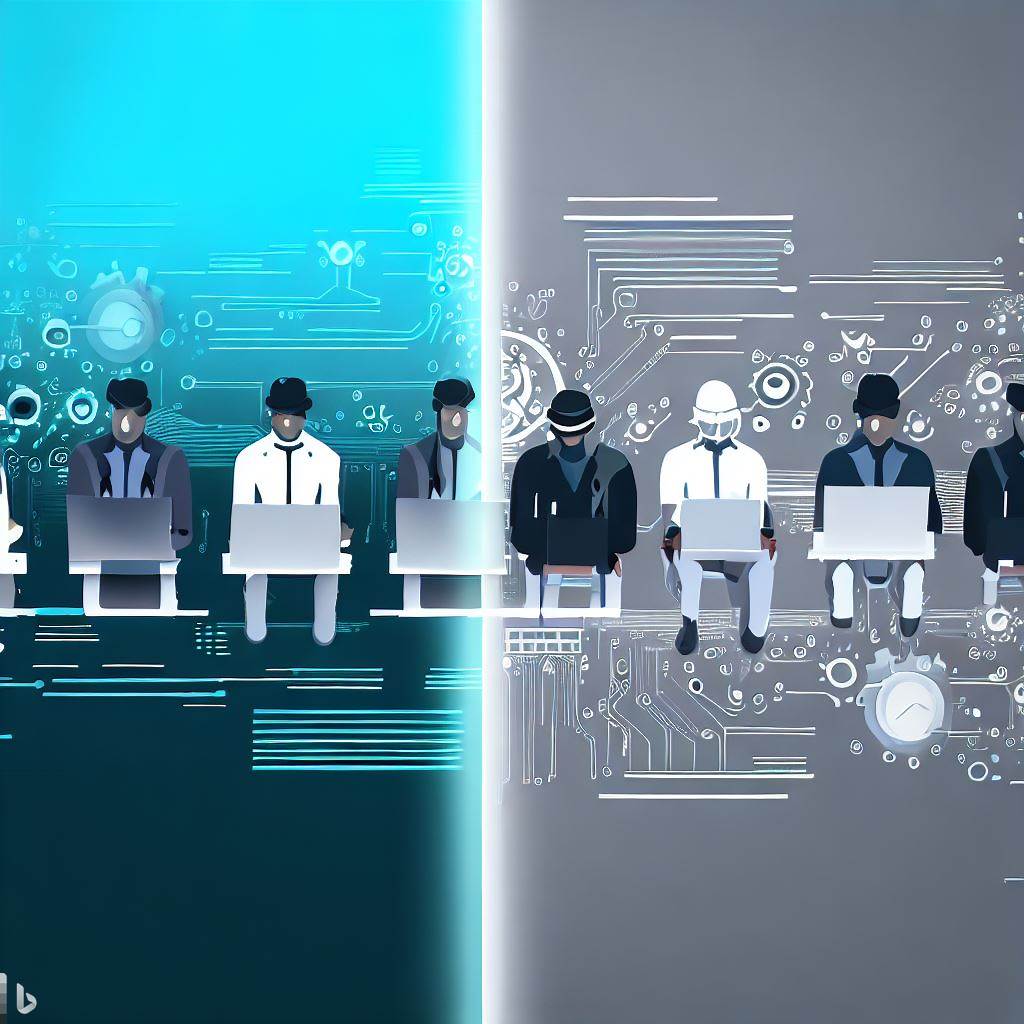
As we conclude our exploration of AI and productivity, we face some important considerations. Undeniably, AI is contributing to heightened productivity, but there's also a risk that workers become excessively busy, trapped in a cycle of ceaseless tasks.
It's crucial to remember that not all individuals are equipped to navigate this landscape, resulting in an ongoing cognitive load that demands constant adaptation. The inability to keep pace can lead to increased disparities among workers. Meanwhile, top performers, freed from mundane tasks by AI, are set to become '100x engineers.' They'll likely distinguish themselves even further from the crowd.
However, this situation may engender a new form of disparity, a 'knowledge gap', reminiscent of the wealth gaps seen in the past decades. Will AI end up dividing the workforce along the lines of adaptability and resourcefulness? And what if the real key to leveraging AI isn't just technical prowess but rather, the uniquely human qualities of creativity, intuition, and judgment?
We might be on the cusp of an era where the lines between the digital 'haves' and 'have-nots' are not drawn by access to technology, but rather by the ability to humanize it.
Subscribe to our newsletter for more enlightening insights straight to your inbox! And don't worry, our emails are 100% human-made and won't self-replicate... hopefully. Click subscribe and enjoy the ride!